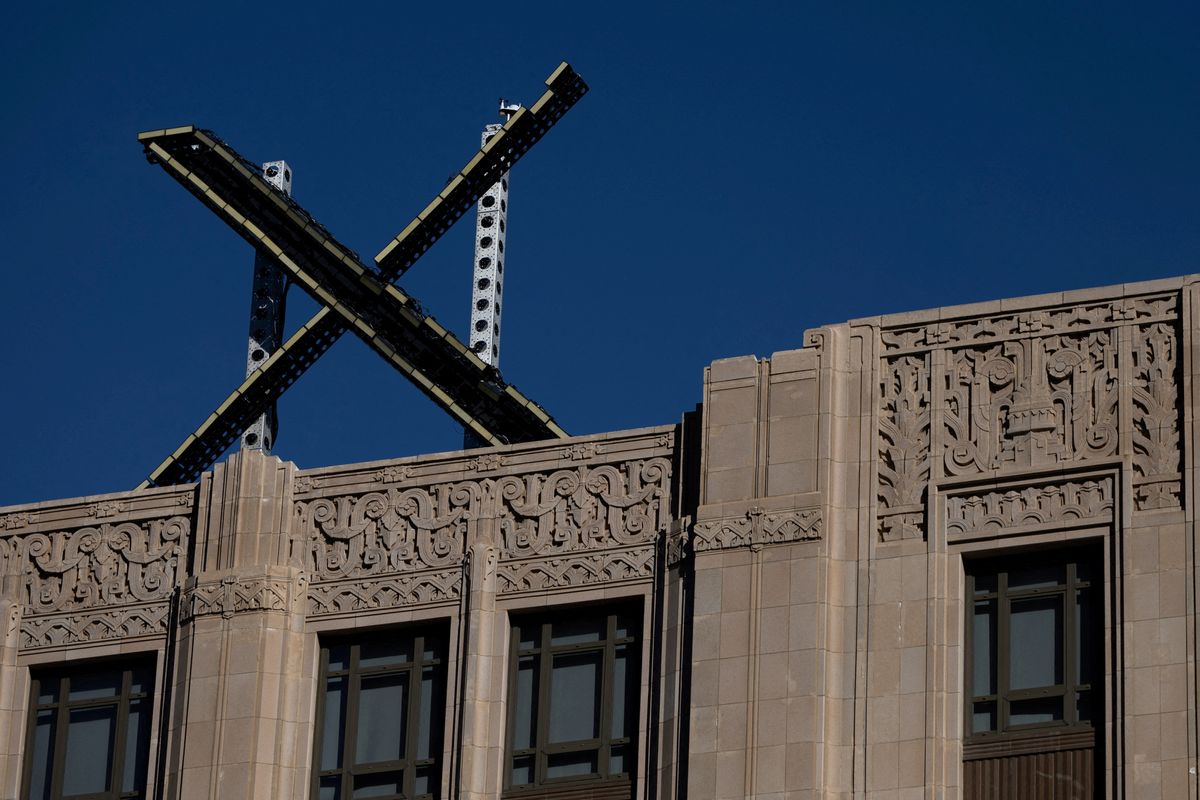Elon Musk’s X receives a fine from Australian regulators
This came after X failed to cooperate with an investigation into anti-child abuse practices.

A few minutes every morning is all you need.
Stay up to date on the world's Headlines and Human Stories. It's fun, it's factual, it's fluff-free.
The backstory: Twitter's transformation started gaining speed last year when Elon Musk acquired the platform for US$44 billion. Twitter has since then been rebranded as X. After the takeover, Musk started shaking things up. For example, his focus on “free speech” led to relaxed content rules and moderation, including removing Twitter's Trust and Safety Council, which has handled issues like self-harm, child abuse and hate speech since 2016.
These shifts in content moderation did not go unnoticed, particularly by the EU. In December, EU Commissioner Thierry Breton even discussed content moderation, disinformation and targeted advertising concerns with Musk. The EU also introduced the Digital Services Act (DSA), allowing governments to request the removal of illegal content and obliging platforms like X to combat misinformation and hate speech, with potential fines of up to 6% of their global turnover if they don’t comply.
More recently: Just last week, the EU initiated an investigation into X under the new DSA. It’s probing X's alleged failure to control the spread of false information surrounding the Hamas-Israel conflict. EU Commissioner Thierry Breton confirmed last Thursday that the EU sent X a "formal request for information" to find out if the platform was following those DSA rules. The EU wants X to share certain details by October 18 on how the platform is functioning.
The development: In Australia, the e-Safety Commission has imposed a fine of AU$610,500 (about US$386,000) on X. This came after X failed to cooperate with an investigation into anti-child abuse practices. The commission said X didn't adequately address its questions about handling child abuse material reports and detection methods. This action is in line with laws introduced in Australia in 2021, giving regulators the authority to demand information about online safety practices and impose fines.
Key comments:
"If you've got answers to questions, if you're actually putting people, processes and technology in place to tackle illegal content at scale, and globally, and if it's your stated priority, it's pretty easy to say," said EU Commissioner Julie Inman Grant in an interview.
"We remain committed to these efforts and collaborating constructively and in good faith with the e-Safety Commissioner, government and industry on the shared goal of keeping Australians safer online," said Google's director of government affairs and public policy for Australia, Lucinda Longcroft.
"The only reason I can see to fail to answer important questions about illegal content and conduct happening on platforms would be if you don't have answers," said Inman Grant, X’s former public policy director.




Comments ()